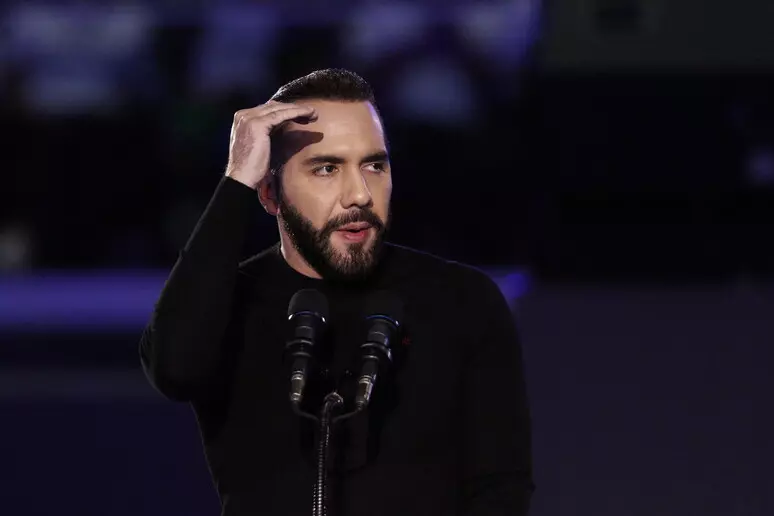A tweet with diplomatic tones, but which conceals the ambition to rewrite the political balances of the continent: Nayib Bukele, President of El Salvador, has proposed an unprecedented humanitarian exchange to Venezuelan leader Nicolás Maduro. Behind a few lines, an open challenge on the grounds of civil rights and international justice.
With the message posted on Sunday on X, Bukele directly addressed Maduro, offering the return of all 252 Venezuelan citizens expelled from the United States and subsequently transferred to El Salvador. In exchange, he requested the release of the same number of political prisoners currently held in Venezuela.
Bukele believes that the individuals who arrived in his country, as part of an agreement with Washington to host, for a fee, individuals accused of being part of gangs like Tren de Aragua, would not all be criminals, and many of them would not even have a criminal record.
The Salvadoran president emphasized that, unlike the Venezuelan government, his state does not hold political opponents. He also specified that among the prisoners he would like to see released are foreign citizens, including several Americans.
The reaction from Caracas was swift. Attorney General Tarek William Saab demanded the immediate release of the detained Venezuelans, but avoided commenting directly on the exchange proposal. He also announced that a detailed list of names, medical conditions, and proof of life for each prisoner would be requested.
President Maduro, previously, had defined the operation as a form of “kidnapping,” accusing El Salvador of being complicit in arbitrary detention orchestrated by the U.S.
Bukele framed this as a humanitarian agreement, emphasizing that the Venezuelans in El Salvador were detained for crimes like murder and rape, while Venezuela’s political prisoners were jailed for opposing Maduro’s regime.
This proposal highlights Bukele’s attempt to address international criticism over El Salvador’s detention practices and to position himself as a negotiator in regional politics. It also reflects the complex dynamics between the U.S., El Salvador, and Venezuela regarding deportations and human rights.
Meanwhile, according to the Venezuelan human rights group Foro Penal, there are approximately 900 political prisoners detained in Venezuela, along with at least 68 foreign citizens.
Bukele concluded his intervention by announcing the sending of an official communication to the government and addressed a message full of emphasis to the Venezuelan people, invoking a blessing from God.












